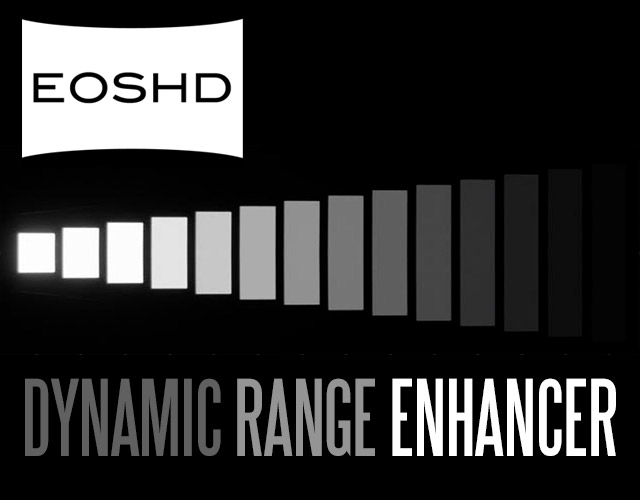How many 'films/videos' do you 'publish' per year?
How many films do you 'publish' per year?
23 members have voted
-
1. How many films do you shoot, edit, finish, then show to an audience?
-
Zero0
-
Less than one per year2
-
2-4 (More than one per year)5
-
5-12 (More than one per quarter)2
-
12-26 (More than one per month)6
-
27-52 (More than one per fortnight)4
-
52+ (More than weekly)2
-
180+ (Approaching one per day)1
-
360+ (Multiple per day)1
-
-
2. Do you think that shooting more projects helps you learn faster than shooting less projects, even if those projects are bigger?
-
Yes18
-
No5
-





Recommended Posts
Create an account or sign in to comment
You need to be a member in order to leave a comment
Create an account
Sign up for a new account in our community. It's easy!
Register a new accountSign in
Already have an account? Sign in here.
Sign In Now